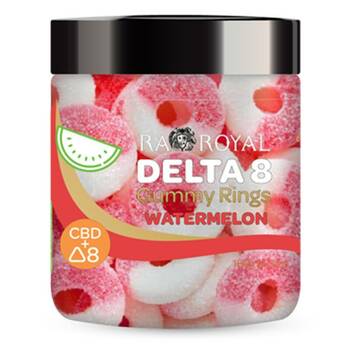Anorexia nervosa is a dangerous eating disorder that often leads to starvation or extreme thinness. These are the primary symptoms of the health condition, but there are lots of misconceptions about anorexia that are worth debunking. In this piece, we have shared some of the most common myths about anorexia nervosa.

You Must Be Dangerously Thin To Have Anorexia
This claim is not true since it is possible to diagnose someone with anorexia even if they are in the normal weight range. People with extremely low body weight are often associated with anorexia, which is not always true. Due to this assumption, if you have a slender body, you might hear people saying that you must be struggling with anorexia nervosa. Also, if someone tends to care so much about their body weight, people might think that they have an eating disorder.
People with Anorexia Do Not Eat
The truth is, individuals with anorexia do eat, but they tend to exercise extreme calorie restrictions. The truth is that anorexia makes people consume a lot less than what the body needs to function appropriately. Some patients might also eat regularly, but only while following extremely strict rules. For instance, they will only use non-caloric beverages to satisfy their hunger.
Men Can’t Suffer From Anorexia
Many people believe that anorexia is a disorder that only females can suffer from. However, there are many thousands of men struggling with anorexia. While the truth is that it is more prevalent in women, it can also be diagnosed in males. Also, males with the disorder will show slightly different symptoms. For example, men who suffer from anorexia will show a strong will to develop a lean body and get muscular. The bottom line is, males are not immune to the societal pressure to have better looks.
Anorexia Is a Choice or a Cry For Attention
In some cultures, thinness is perceived as an attractive and positive quality. However, people with anorexia don’t restrict their food intake to get attention. Thus, it is wrong to believe that all they want is to receive praise from the people around them. Anorexia is a serious disorder and must be treated as such. For example, it can lead to organ failure, reduced bone density, and in some cases, might lead to death. It is, therefore, not attention-seeking behavior.
The Condition is a Phase That Can Be Outgrown
Anorexia is not a type of disorder that someone can just grow out of. Instead, it is a serious health condition that will not go aware unless professional treatment is used. In most cases, anorexia commences during adolescence. This can be explained by the societal pressure about body weight and attractiveness. Most adults don’t suffer from anorexia because they know what matters the most in life. But the truth is, if someone begins to be overly obsessed about their body weight and diet, professional support may be required to help them.
Treatment Options Available
Do you have or know someone struggling with anorexia? Here are some of the best solutions to try:
• Cognitive Behavioral Therapy
In this kind of treatment, the medical expert will work with the patient to challenge how they perceive themselves and the world around them. This is done to get rid of unwanted behavioral patterns and replace them with healthier ones.
• Nutrition Counseling
A nutritionist will find the best approach to show the patient that what they are doing is wrong. From there, they will be advised on how to take their meals, including the best methods to balance calorie intake.
Closing Thoughts
There’re many other myths surrounding anorexia nervosa, but the ones we have mentioned are the most common. Anorexia is a serious condition, so please speak with a healthcare professional for advice about possible treatments as soon as you can.
Find more health and wellness topics in our archives.
We are not doctors and this is in no way intended to be used as medical advice and we cannot be held responsible for your results. As with any product, service or supplement, use at your own risk. Always do your own research before using.







